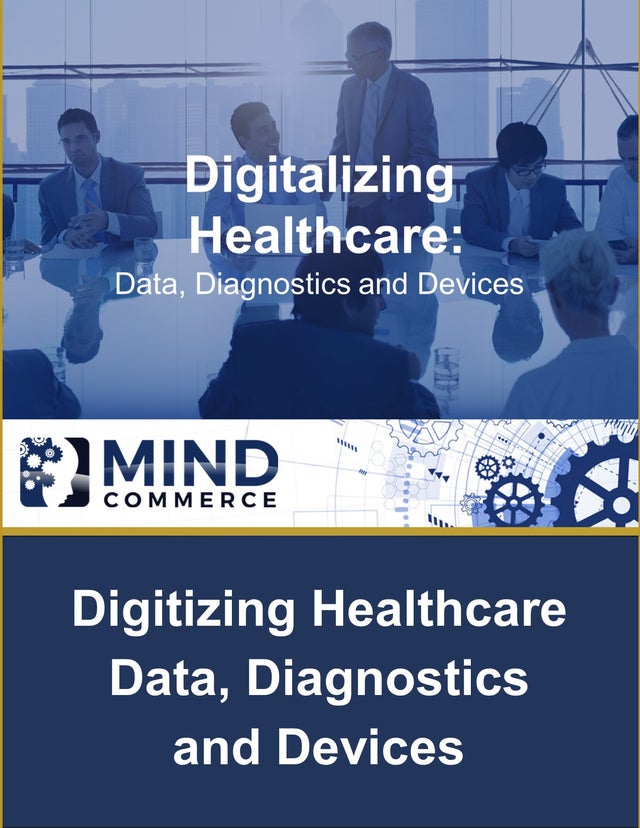- Emerging Tech
- >
- Digitizing Healthcare: Data, Diagnostics and Devices
Digitizing Healthcare: Data, Diagnostics and Devices
This report provides an assessment of healthcare use cases and technology that will digitize patient healthcare. It includes analysis of how digital devices digitalize, transform and improve patient healthcare and medical services. It also includes forecasts from 2021 through 2028.
Digital Medical devices use various IT technologies (IoT, cloud, AI, robotics, big data) to provide new or enhanced medical applications and services. In certain cases, it is the medical application that provides the intelligence to drive the device. However, Mind Commerce does not necessarily see a need for digital devices to have onboard intelligence, as the device could be controlled remotely by centralized intelligence in a cloud-based framework to make decisions, and/or take action.
The initial healthcare use case, health tracker, uses wearable devices, in the form of wrist watches, to allow users to monitor and track their exercise/physical activity through a mobile application. These devices are FDA unregulated devices (no regulatory control and are not intended to help support or sustain life) and not considered accurate enough for medical diagnosis.
These new healthcare services will be used to improve medical data analytics and diagnosis, improving data interpretations while reducing analysis time of all data outputs. This provides the industry capabilities to improve productivity, save costs and improve patient services and care. Other benefits include improved money management and lower costs and investments.
Published: January 2021
Pages: 63
Global Enterprise License: $ 3,000 USD
Overview:
This report provides an assessment of healthcare use cases and technology that will digitize patient healthcare. It includes analysis of how digital devices digitalize, transform and improve patient healthcare and medical services. It also includes forecasts from 2021 through 2028.
Digital Medical devices use various IT technologies (IoT, cloud, AI, robotics, big data) to provide new or enhanced medical applications and services. In certain cases, it is the medical application that provides the intelligence to drive the device. However, Mind Commerce does not necessarily see a need for digital devices to have onboard intelligence, as the device could be controlled remotely by centralized intelligence in a cloud-based framework to make decisions, and/or take action.
The initial healthcare use case, health tracker, uses wearable devices, in the form of wrist watches, to allow users to monitor and track their exercise/physical activity through a mobile application. These devices are FDA unregulated devices (no regulatory control and are not intended to help support or sustain life) and not considered accurate enough for medical diagnosis.
These new healthcare services will be used to improve medical data analytics and diagnosis, improving data interpretations while reducing analysis time of all data outputs. This provides the industry capabilities to improve productivity, save costs and improve patient services and care. Other benefits include improved money management and lower costs and investments.
Target Audience:
· Application Developers
· Cloud and Internet of Things Companies
· Data Analytics Companies
· Electronics Manufacturers
· Governmental Organizations and NGOs
· Hospitals, Clinics and Diagnostic Centers
· Managed Services Companies
· Management Consultants
· Smart Device Providers
· Systems Integrators
Report Benefits:
· Digitizing healthcare 2021 – 2028
· Identify the market leaders in digitizing healthcare
· Identify digitizing healthcare use cases and applications
· Learn about future emerging digitizing healthcare solutions
· Understand the role and importance of wearables in healthcare
Companies in Report:
· Abbott Laboratories
· Affectiva
· AliveCor
· Babylon Health
· Basehealth
· BioDirection
· BioTelemetry
· Boston Scientific
· Cardiac insight
· Dexacon
· FitBit
· GE Healthcare
· IBM
· Intuitive
· iRhythm
· K Health
· Masimo
· Medtronics
· Pear Therapeutics
· ResMed
· Siemens
· Tempus
· Thermo Fisher
· Transenterix
Table of Contents:
1. Introduction
2. Digitize Healthcare Use Cases
3. Clinical Data Management
3.1. GE Healthcare
3.2. Masimo
3.3. Siemens
3.4. Tempus
4. Digital Health Monitoring Devices
4.1. AliveCor
4.2. BioTelemetry
4.3. Dexacon
4.4. FitBit
4.5. GE Healthcare
4.6. Masimo
5. Digital Health Diagnostic Tools
5.1. Abbott Laboratories
5.2. AliveCor
5.3. Babylon Health
5.4. BioTelemetry
5.5. Boston Scientific
5.6. Cardiac insight
5.7. Dexacon
5.8. GE Healthcare
5.9. K Health
5.10. iRhythm
5.11. Masimo
5.12. Medtronics
5.13. Siemens
5.14. Thermo Fisher
6. Digital Device Medicine Dispensing
6.1. Angiodynamics
6.2. Baxter International
6.3. Insulet
6.4. Tandem
7. Digital Therapeutic Devices
7.1. Abbott Laboratories
7.2. Pear Therapeutics
7.3. ResMed
8. Radiotherapy Oncology
8.1. Accuray
8.2. Varian
9. Robotic-assisted Surgery
9.1. Intuitive
9.2. Medtronics
9.3. Transenterix
10. Future Healthcare Products
10.1. Affectiva
10.2. Basehealth
10.3. BioDirection
10.4. IBM/Medtronics
11. Healthcare Devices Issues and Risks
12. Overall Healthcare Issues and Risks
13. Summary of Patient Benefits
14. Forecasts
15. Conclusions

